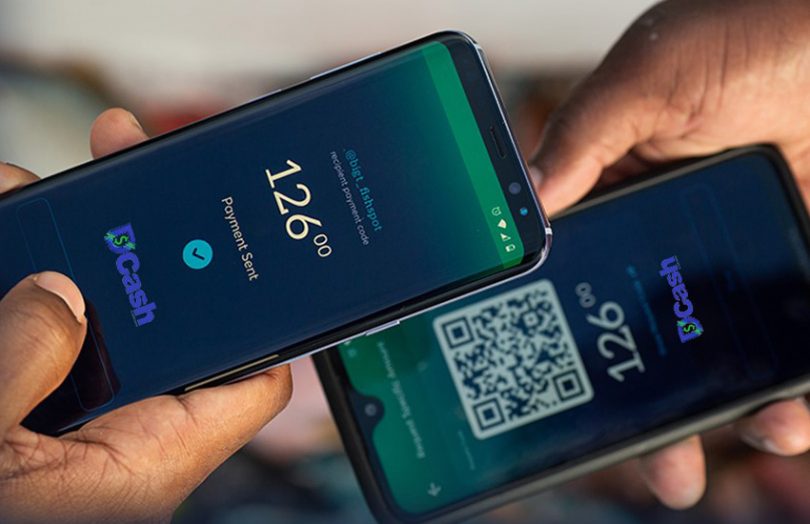Yesterday the Eastern Caribbean Central Bank (ECCB) launched its central bank digital currency (CBDC) pilot, DCash. The Eastern Caribbean Currency Union (ECCU) consists of eight islands, but the pilot will cover four of them, Antigua and Barbuda, Grenada, Saint Christopher (St Kitts) and Nevis and Saint Lucia. Members of the public can now freely use the app.
“The future of the EC Dollar is digital, so let’s make history together,” said Central Bank Governor Timothy N. J. Antoine.
The mobile phone app can be used to make payments to merchants or person-to-person payments.
Every central bank has unique motivations with a CBDC and its own design criteria. The ECCB outlined three drivers behind the pilot: high payments costs, to better serve citizens and change the culture of sending cheques, which slows down commerce. The goal is not to replace cash.
Financial inclusion is one of the stated aims, so users don’t need to have a bank account. But to use the app, they need to prove their identity at DCash approved outlets. Users that have been through a bank’s know your customer (KYC) procedures have higher transaction limits. However, there is no minimum amount for balances or payments and no payment fees are charged to consumers.
However, merchants pay a monthly and per transaction fee that is claimed to be ‘a fraction’ of the cost of accepting debit or credit cards.
The transactions are stored on a blockchain, but any personally identifiable information is kept separately by the financial institutions.
Despite the financial inclusion aims, the digital currency is only accessible by using a smartphone and is not currently available offline. In some other countries, multiple apps are created by payment providers or banks, but there is a single DCash app in this case.
Overstock subsidiary Bitt developed the digital currency and associated infrastructure, which uses the Hyperledger Fabric enterprise blockchain. Apart from the currency minting system, the platform is hosted in Google Cloud.
Meanwhile, the Bahamas launched its Sand Dollar last year, Jamaica is planning a non-blockchain digital currency, and China is entering the more advanced stages of its digital yuan pilot.






